Navigating the Nuances: Why Leadership is More Contentious Than You Think
Photo by Brett Jordan on Unsplash
What makes a great leader?
More importantly, what makes you a great leader?
The word 'leadership' gets used a lot, but it’s often misunderstood, leading to a lot of debate about what it means to be a leader and provide leadership.
This contention often arises due to the subjective and multifaceted nature of leadership itself.
A current search on Amazon, for example, reveals over 60,000 results for leadership books, indicating a substantial volume of literature on everything emotional intelligence and team management to personal development and strategic planning.
The broad interest in leadership across various industries, together with the ongoing research in organisational behaviour and the number of publications on leadership that continues to grow, can be overwhelming to someone wanting to elevating their effectiveness and take the next step in their leadership journey.
So, let’s start with the fundamentals.
Firstly, leadership can be perceived differently depending on various factors such as context, cultural norms, personal values, and specific outcomes expected from a leader. Having an appreciation for the different reasons why leadership is contentious is a great place to start:
Definition Variability:
There is no single, universally accepted definition of leadership. Leadership can be seen as an influence process, a set of behaviors, or a role within a group or organisation. For instance, some definitions emphasise vision and inspiration, some focus on management and execution (Reedsy) (BetterUp), and depending on your culture, you may have a completely different definition.
Context Dependence:
Leadership qualities and effectiveness can vary greatly depending on the situation. A leader in one context (e.g., a crisis) may not be seen as effective in another context (e.g., day-to-day management, community service or sport). These variabilities can lead to disagreements over who is considered a leader and what style of leadership is ideal.
Cultural Differences:
Cultural norms play a significant role in defining and recognising leadership. Traits valued in leaders in one culture (e.g., assertiveness in Western cultures) may not be as valued in another culture (e.g., humility in many Asian cultures, or community in Aboriginal culture)
Personal Values and Biases:
Individuals' values and biases can influence their perceptions of leadership. For example, someone who values innovation may see a visionary entrepreneur as a leader, while someone who values stability may prefer a more traditional, risk-averse manager.
Outcomes vs. Processes:
Some people evaluate leadership based on outcomes (e.g. achieving goals, financial success), some focus on processes (e.g. frameworks, tools and strategies), while others focus on behaviours and personality traits (e.g. courageous, empathetic, or how a leader treats their team). This can lead to two people having a completely different assessment of the same person's leadership - so which one is right?!?!
Example: Steve Jobs
Take Steve Jobs, the co-founder of Apple Inc, as a prime example of a contentious leader.
Many admire Jobs for his visionary leadership, innovative mind, and ability to transform industries. He is often celebrated for his role in creating groundbreaking products like the iPhone, iPad, and MacBook.
However, Jobs' leadership style was also criticised for being abrasive, demanding, and sometimes harsh towards employees. Some argue that his aggressive management style created a toxic work environment. This duality makes him a contentious figure in discussions about leadership.
Proponents highlight his extraordinary vision and ability to drive results, while critics focus on his interpersonal shortcomings and the negative aspects of his leadership approach.
In short, whether someone is a leader or demonstrates leadership, or not, can be highly contentious.
When it comes to deciding on what make s a great leader, and what you can do to develop your skills in providing leadership, my advice is simple, let’s start with you!
What makes you a great leader?
What are your unique capabilities, strengths and talents?
What do you value?
How do you identify a leader?
What is it about the people you identify as leaders, that makes them a great leader?
Everyone has a very different perspective about who a leader is and what makes them a leader. Whether you agree or disagree with another person isn't important. What is important is to recognise that your choice of leader reveals more about you, than it does the leader themselves.
When it comes to providing leadership, your opinion about others matters not. What matters is your ability to inspire action that leads to greater success; and while it sounds paradoxical, your ability to influence others starts with knowing who you are, what you stand for, why you are here and how you make people feel - as the wise Maya Angelou said“People will forget what you said. People will forget what you did. But people will never forget how you made them feel.”
Ignite Your Passion and Amplify the Impact You Have in the World!
Download The Uncharted Leader Podcast on Apple iTunes. Book a call with Kylee and ask about the Emerging Leaders Program to build your brand and accelerate growth, while allowing greater clarity, confidence, wisdom and satisfaction to arise,
Follow Kylee on LinkedIn and subscribe to The Uncharted Leader newsletter for more wisdom on leadership transformation, resilience and wellbeing.

